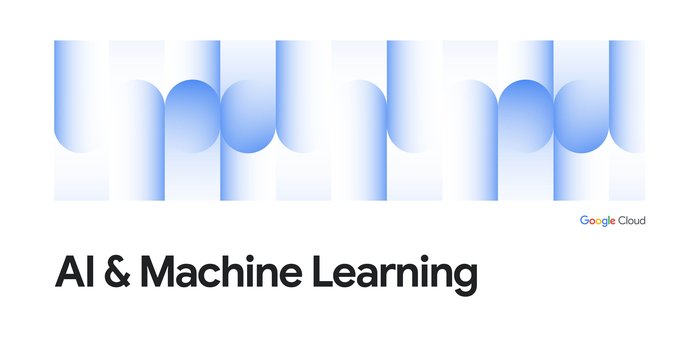Move your business to a modern ECM alternative—the case for Drive Enterprise

Joshua Smith
Product Manager, Drive Intelligence
If you’re considering alternatives to your Enterprise Content Management (ECM) system, there are a lot of factors to consider. Namely, you don’t want to worry about the risks associated with change management—like getting your users to adopt and use new tools—or adding additional cost to your IT portfolio.
We recently introduced Drive Enterprise to bring businesses a modern ECM solution that’s cloud-based and affordable. Here's a little more on what Drive Enterprise can do:
It’s cloud-based and collaborative so you can work from anywhere. When it comes to legacy network file systems, you have a higher risk of content getting siloed. Because of this, teams spend a lot of time tracking down information or reproducing work. According to an IDC report, an enterprise employing 1,000 knowledge workers stands the chance of wasting nearly $2.5 million per year in productivity as workers waste time locating and retrieving information. With Drive, you can access the files you need any time, anywhere, from any device. Because your files are saved in the cloud, it’s easy for employees to collaborate on projects securely, requesting approvals and tracking versions on the go, as well as applying metadata categories (limited release) to find files faster.
It works with your existing tools. What’s the use in modernizing your IT tools if your systems don’t work with the desktop-based apps you already have? This is why we’ve made it possible to open and comment on 60+ file types in Drive on web and mobile—including Microsoft Office (read more about how we integrate with Microsoft here and here). It’s also easy to replace network file share in Drive, like for files saved on your desktop (“H:/ Drive”). Instead of downloading each file to your desktop, you can access files using Drive File Stream and work as you normally would. Lastly, Drive also integrates with popular tools like Slack and Salesforce.
It helps you keep your content secure. With access to more data insights, businesses have the opportunity to help their teams collaborate and stay productive in ways they never have before. But this also presents an interesting challenge when it comes to securing information in legacy systems. When people save data to their individual hard drives, or even leave a company, valuable intellectual property can be lost. With Drive Enterprise, admins get the same security controls offered within G Suite, including the security center. You have the power to archive corporate information, like legal audits, with Vault. You can also use Data Loss Prevention (DLP) which sends alerts to help prevent users from sharing sensitive information outside of your organization. Plus, you have the ability to control sharing permissions within Team Drives to prevent employees from accidentally sharing the wrong information.
It’s backed by Google AI to help you save time. If you’re saving files on-premises, you’re missing the opportunity to use machine learning or artificial intelligence to enhance how your teams collaborate. Because Drive is cloud-based, it leverages Google AI and offers intelligent features like Quick Access, which can help you track down the files you need quickly.
Some more considerations
If you’re concerned about the challenges of cost and migration, here are some things you might consider when evaluating solutions:
You should only have to pay for what you use. Most users end up using only a fraction of their total storage capabilities in legacy ECM network file systems, which means there’s a chance you might be wasting resources on a service that your team doesn’t use. With Drive Enterprise, you only pay for what you use and you can purchase it separately from G Suite. Bonus: Drive Enterprise comes with some of our popular collaboration apps, like Docs, Sheets and Slides, so you can test them out with your teams.
You should use a service that helps simplify migration. Migration is tough. If you’re seriously considering modernizing your ECM solution, you need a partner to help ensure that the process stays bump-free. Google works with many partners and services to make the switch easier for you. Learn more.



